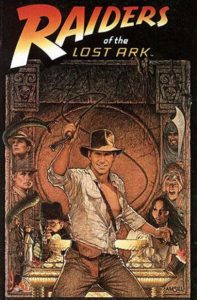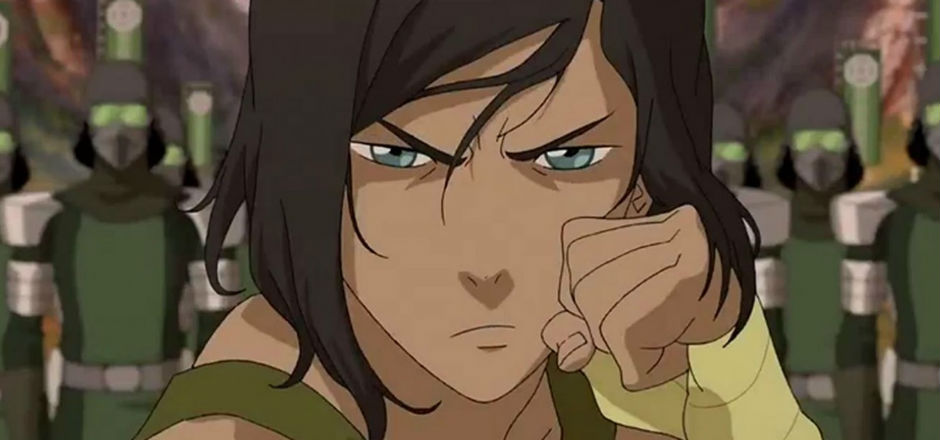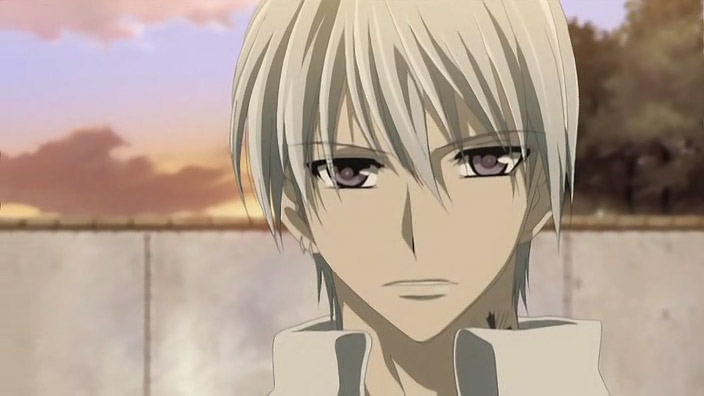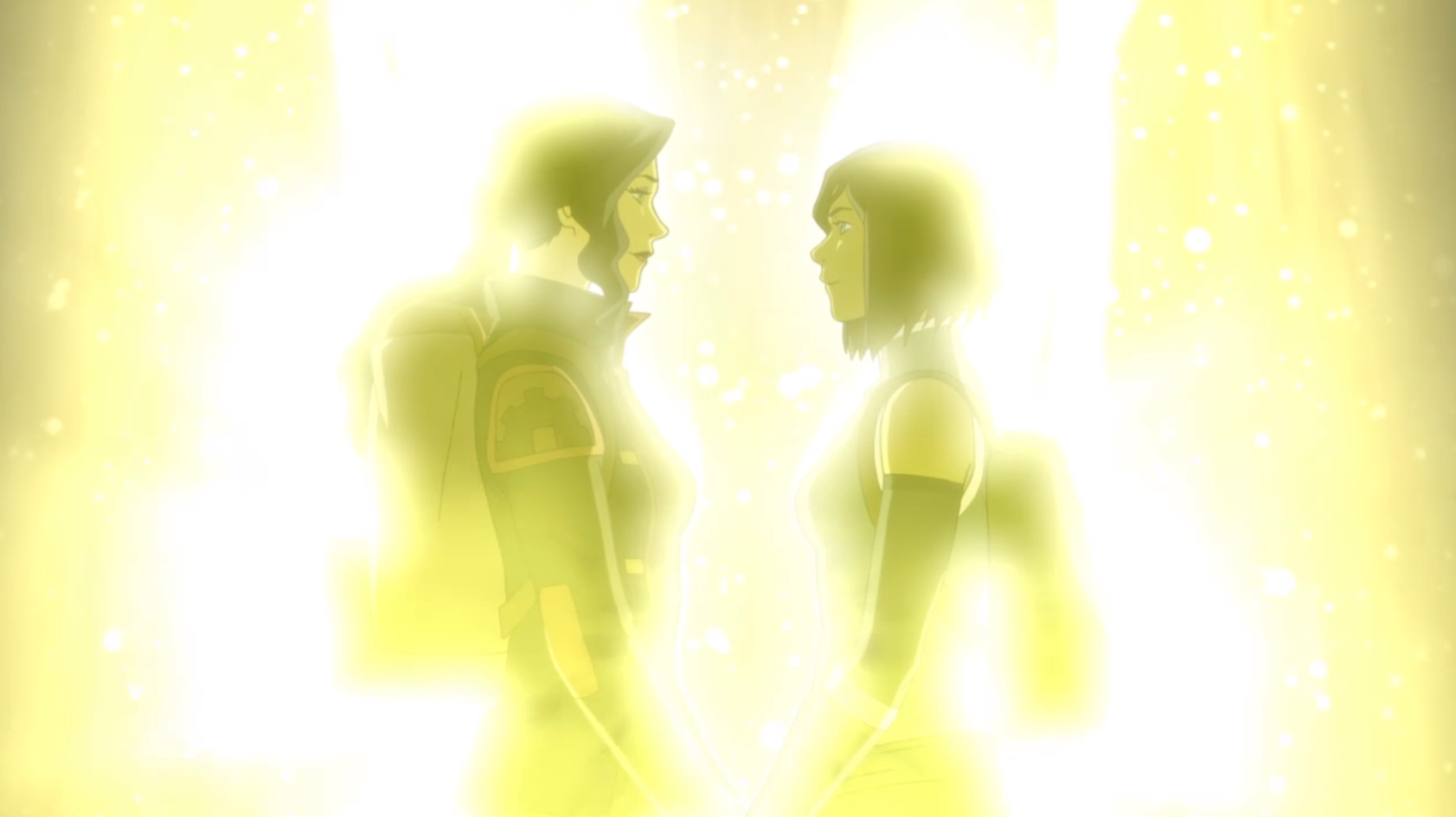Raider of the Lost Ark (1981) is a part of an iconic time in film history. Thanks to films like Jaws (1975) and Star Wars (1977), the concept of a blockbuster was starting to form and, boy howdy, was Raiders a blockbuster. Steven Spielberg was really starting to make a name for himself. I defy you to find someone living in America right now over the age of 10 who doesn’t know who Indiana Jones is. And if you do find that person, they’ve most certainly seen the references his adventures. But Raiders of the Lost Ark is a product of its time, and just like everything else in the early 80s, it’s both exciting and problematic.
Full disclosure: I absolutely adore the Indiana Jones Franchise (excluding the disappointing fourth film). It was an incredibly formative piece of media for me. It’s informed my aesthetic style, my attraction to men, my taste in movies and how I write and make my own films. But I know how important it is to think critically about the things we love, so here goes.
informed my aesthetic style, my attraction to men, my taste in movies and how I write and make my own films. But I know how important it is to think critically about the things we love, so here goes.
If you’re not familiar with Raiders, it takes place in the 1930s. This is where we meet our stoic, sarcastic and capable hero, Indiana Jones played by the stoic, sarcastic and capable Harrison Ford. We get right into some treasure hunting action, immediately informing us as an audience that this is going to be one hour and 55 minutes of pulp fiction inspired fun. After this initial expository adventure, Dr. Jones is back to teaching at his university looking like a nerdy professor, the complete opposite of what we just saw whip-swinging around in the jungle. He’s recruited by the American government to track down an ancient artifact before it ends up in the hands of the enemy.
Who’s the enemy, you say? Hitler and his Nazi regime. Gasp! The artifact? The Ark of the Covenant. Double Gasp!
What ensues is a race across the desert between Indiana Jones, his lost love and his close friend against the Nazi’s to find an artifact from God so powerful, it could change the very course of the war.
Just like any other Spielberg movie, the cinematography and editing worked seamlessly together to create a visually compelling and evenly paced story. But the technical elements that set Raiders apart from the other films of its time are the music and the sound design.
John William’s main score, “Raiders March,” is just beyond iconic. That song will inspire a dead man to get up and march into battle. John Williams has an incredible repertoire of film scores and “Raiders March” is among the top of them.
The sound design was done by none other than Ben Burtt, who you can thank for endless inspiration for the noises you’d make while playing as a kid. He’s responsible for all the sci-fi noises in Star Wars (light sabers, Tie Fighters, blaster shots, R2D2, Darth Vader’s breathing), E.T. and Wall E’s voice and for the satisfying punch noises in the Indiana Jones Franchise. Seriously, that punch noise is perfect for the world of Indiana Jones.
As far as the plot goes, it’s pretty darn formulaic, as is the genre it’s inspired by. The Good Guy beats up Bad Guys and saves The Girl and the world. The movie doesn’t stray far from the form at all. In fact, I’d say it help set the form other filmmakers would look to stray from.
The most problematic part of Indiana Jones is the problematic part of any treasure hunter story: ‘why is this white man coming in and taking our ancestor’s stuff?’ In Raiders, the excuse is he needs it to stop the Nazis from winning the war. I doubt very many people in the 80s would think twice about the imperialistic implications of Indiana Jones stealing from indigenous people to study their artifacts back in their white people museums. The Ark is a Jewish/Christian artifact, though, and Spielberg himself is a Jewish man. But what the hell was Indy doing before that in South America being chased down by a tribe of Indigenous people for stealing their golden relic?
Something I found strange was that the character of Sallah, who is an Egyptian man, is played by John Rhys-Davies, a Welsh actor, and nobody has really talked about that. It’s a classic example of whitewashing in a really famous movie but it never seems to be one of the famous examples listed. There were no major roles for anyone of color. It seemed as though anyone not white was a part of the mass of civilians who were on Indiana’s side, helping him escape from the Nazis rather than being an individual.
Marion Ravenwood, played by Karen Allen, is an interesting character. We first meet her in Nepal drinking some guy under the table. Her ability to hold her liquor and hold her own in a male dominated space is immediately established. Then Indiana walks into her bar and their rocky romantic history is revealed.
Marion does play the damsel in distress for Indiana to save throughout the film, that’s just a part of the formula. But what I like about Marion is that, yeah, she screams for Indy and shakes apart in panic while in danger but she also doesn’t stop swinging. She’s not at all afraid to smack Indy right across his face. She doesn’t hide behind him while he beats up Nazis, she bashes them over the head with whatever heavy object is closest.
Marion spends a good portion of the film being crept on by one of the baddies who goes as far as to make her wear a pretty white dress to eat dinner with him in. She does so and then pretends to get drunk with him before making an escape attempt. She’s capable, even if she’s not as capable as Indiana Jones himself. My personal favorite Marion moment is when she mows down a whole truckload of Nazis with a machine gun while in that dress she was forced to wear.
So Raiders of the Lost Ark is a product of its time but I’d like to talk about the role Indiana Jones can play in our modern society, where Nazis have made a comeback. Alt-Right fanboys would love to keep their grimy hands on Indiana Jones and would love to gripe about how we shouldn’t make it political. To them, Indiana Jones is a macho male power fantasy and he is, he absolutely is. But he spent most of his time on screen punching Nazis to save academia and the world. I grew up wanting to be Indiana Jones. Me, a nerdy bisexual liberal woman, wanted to grow up to be Indiana Jones so he doesn’t belong to them. Not anymore.
What I’m trying to say is Indiana Jones is ours now, an icon for kicking the hell out of fascists to save the world. Because if you think for one second Indy wouldn’t “have words” with Donald Trump for what he’s done to the education system you’d be wrong, my friend.
He hates snakes, after all.






